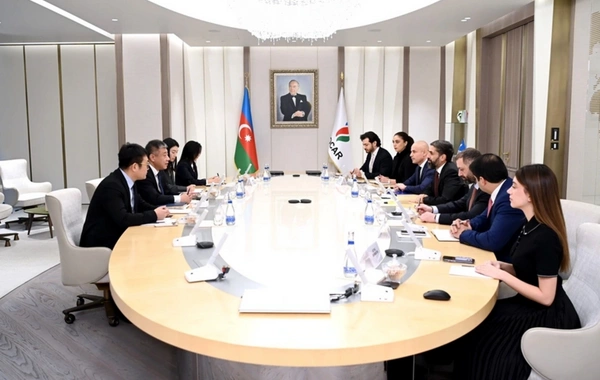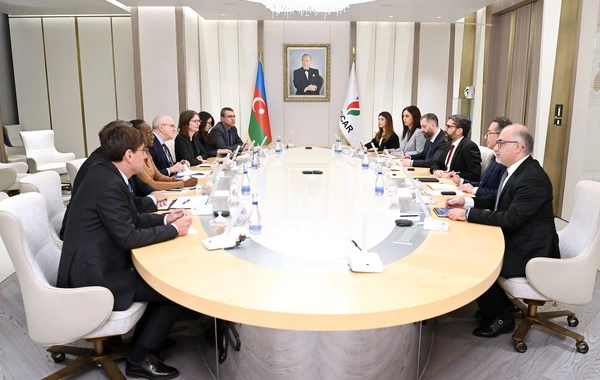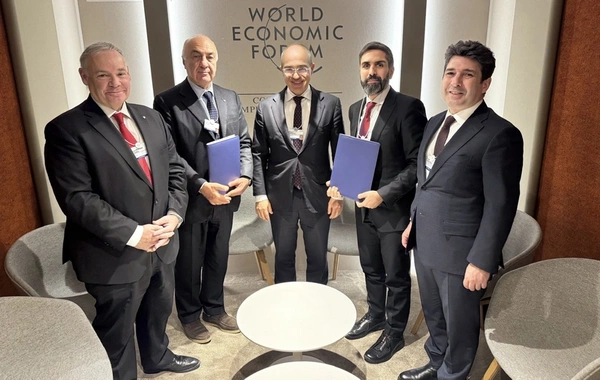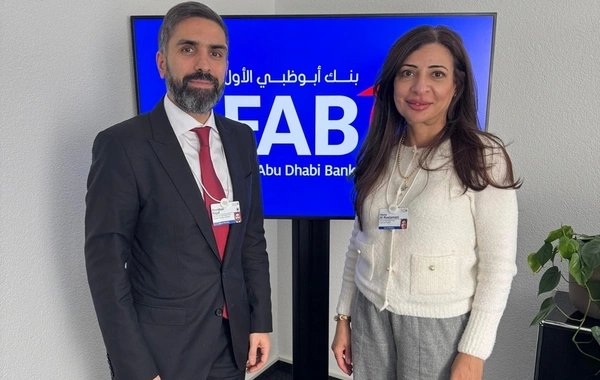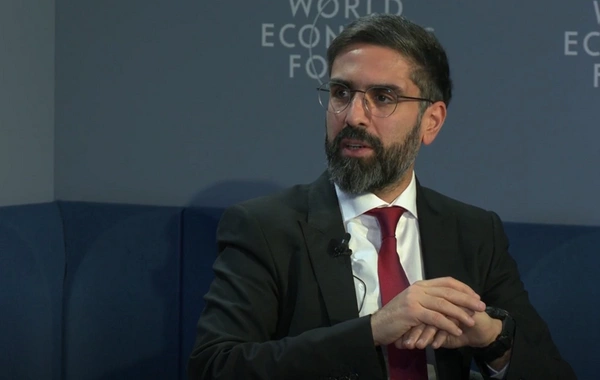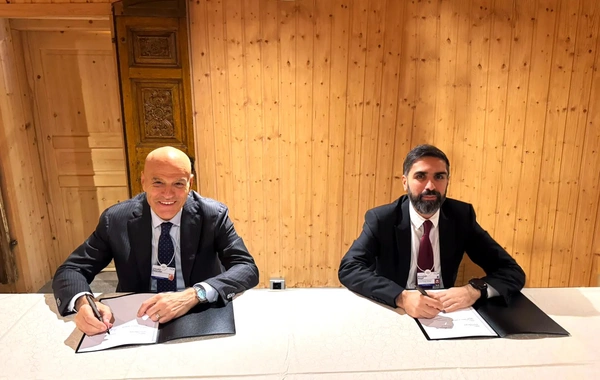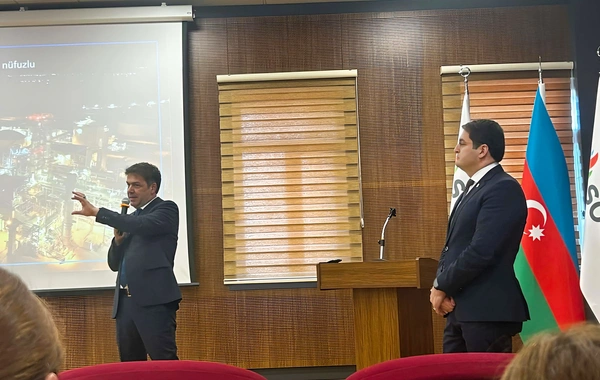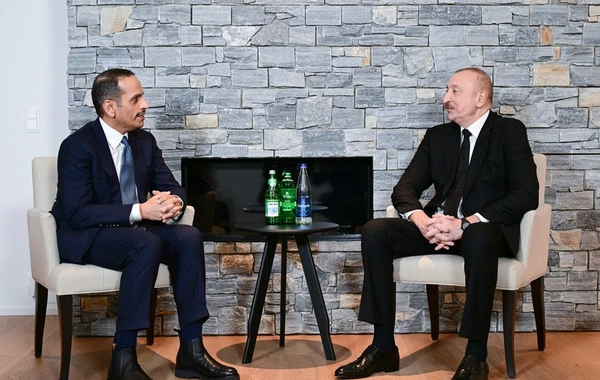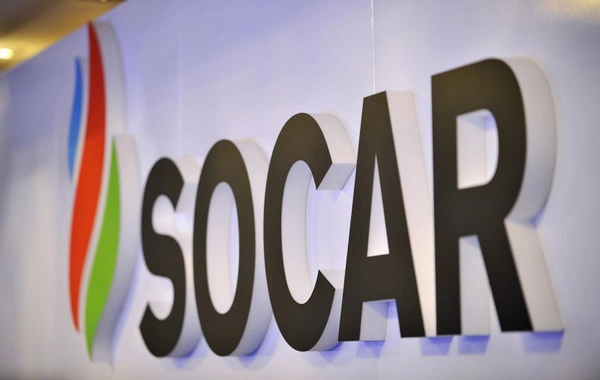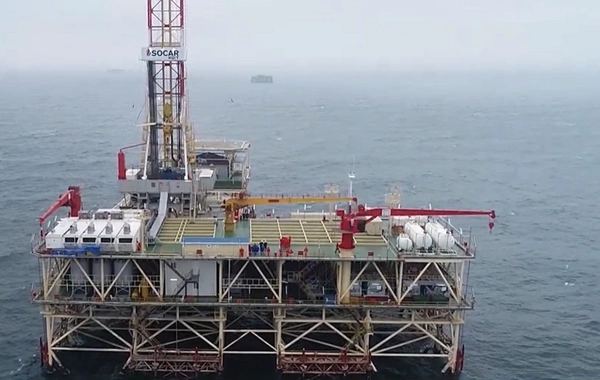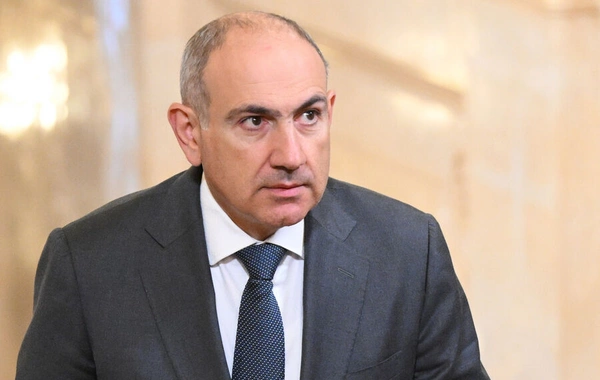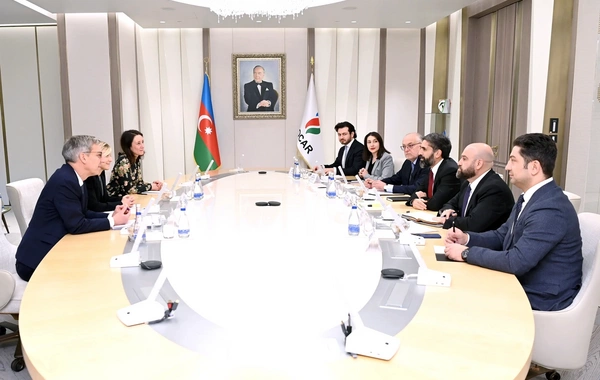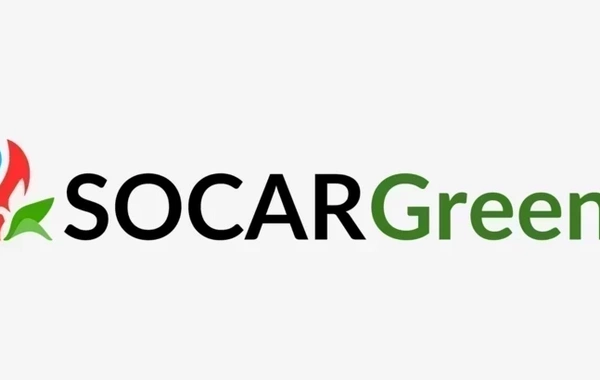SOCAR
SOCAR
SOCAR, the State Oil Company of the Azerbaijan Republic, is a leading player in Azerbaijan’s and the region’s energy sector. Established in 1992, it oversees exploration, production, refining, and transportation of oil and gas, ensuring Azerbaijan’s energy security and exports to Europe and Asia. In 2025, SOCAR expands its global presence, investing in green energy and digitalization. This article explores the company’s history, key projects, achievements, and current developments to highlight SOCAR’s role in global energy.
History and Development
SOCAR was founded on September 13, 1992, by a presidential decree to manage Azerbaijan’s oil and gas assets following the Soviet Union’s collapse. It inherited Soviet infrastructure, including the Baku oil refinery and gas pipeline networks. A pivotal moment was the 1994 “Contract of the Century” for the Azeri-Chirag-Guneshli (ACG) field, attracting BP, ExxonMobil, and other investors. This laid the foundation for Azerbaijan’s economic growth.
By 2025, SOCAR has evolved from a national operator into a global entity. It owns subsidiaries in Turkey, Italy, Georgia, and Ukraine, managing thousands of fuel stations and petrochemical plants. Its corporate strategy through 2035 focuses on digitalization, sustainability, and diversification, including renewable energy sources.
Core Operations
SOCAR covers the entire oil and gas value chain:
-
Exploration and Production: The company develops over 20 offshore fields in the Caspian Sea, producing about 800,000 barrels of oil daily. In 2025, SOCAR secured licenses for gas exploration in Israel, investing $1.25 billion in the Tamar field.
-
Refining and Petrochemicals: Baku’s sole refinery, processing 6.5 million tons of oil annually, resumed operations in April 2025 after repairs following a fire. SOCAR owns Petkim in Turkey and plans to invest $7 billion in Turkish petrochemicals.
-
Transportation and Export: It manages the South Caucasus Pipeline (BTE) and TANAP, delivering gas to Europe. In 2025, gas exports to Georgia increased by 50.6% to 770 million cubic meters.
-
Global Presence: SOCAR Energy Switzerland launched its first electric vehicle fast-charging station in May 2025. The company is also expanding its fuel station network in Europe and Asia.
Key Projects and Achievements
SOCAR has executed numerous mega-projects. TANAP and TAP enable Azerbaijani gas exports to Europe, reducing reliance on Russian supplies. In 2025, SOCAR signed a memorandum with ExxonMobil for offshore wind energy. It acquired a 10% stake in Israel’s Tamar gas field and purchased Italy’s Italiana Petroli refinery for €2.5 billion, controlling one of Italy’s largest fuel station networks.
Achievements include a record export of 4.1 million tons of oil in the first half of 2025. SOCAR collaborates with the World Economic Forum on digitalization, launching the Center for the Fourth Industrial Revolution (C4IR) in Azerbaijan. The company also invests in green energy, including wind farms in Karabakh.
Challenges and Prospects
SOCAR faces challenges, such as attacks on its facilities in Ukraine (in August 2025, Russia struck an oil depot in Odesa). Despite this, the company mitigates risks by expanding its Mediterranean presence. Prospects include growth in renewable energy and digitalization, aiming for carbon neutrality by 2050.
Latest News 2025
In 2025, SOCAR signed an agreement with Turkey to supply gas to Syria via the Kilis-Aleppo pipeline in August. In September, it acquired Italy’s Gruppo API, strengthening its European foothold. SOCAR also signed a memorandum with IFC for offshore wind energy. President Rovshan Najaf emphasized digitalization as a priority in the 2035 strategy. These moves underscore Azerbaijan’s global energy leadership.
Conclusion
SOCAR is the driving force behind Azerbaijan’s energy prowess, blending tradition with innovation. In 2025, it expands its influence through green technology and international projects. Its role in global energy makes SOCAR a key player in the transition to a sustainable future.





